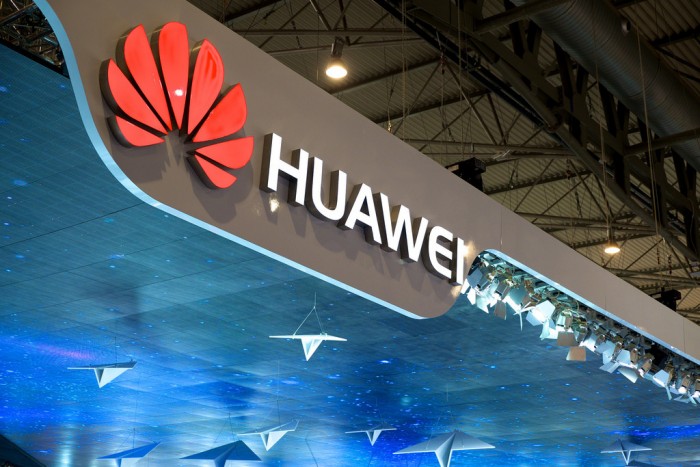FCC in the United States is considering making new rules to further restrict HUAWEI's US business
According to people familiar with the matter, the Federal Communications Commission (FCC) is considering the establishment of a new regulation to further restrict HUAWEI's US business, making it difficult for small and rural operators to purchase HUAWEI's telecom equipment. The move marks an escalation of U.S. restrictions on HUAWEI and its Chinese counterparts. The Trump administration says telecommunications equipment such as HUAWEI and other Chinese companies pose a threat to the national security of the United States.

The picture comes from Flickr
According to revenue, HUAWEI is the world's largest manufacturer of wireless devices. For a long time, AT&T and other big operators have been avoiding the use of HUAWEI's wireless devices. In 2012, the United States Congress issued a report that listed HUAWEI as a national security threat.
A HUAWEI spokesman declined to comment on the potential new rules of the FCC. HUAWEI has already said that HUAWEI is an employee stock Private Companies, and the threat is as high as that of Western rivals, because they share a global supply chain.
The U.S. government has not completely blocked the sale of HUAWEI's equipment, which has targeted small, rural wireless and broadband service providers in the United States. Among these customers, many companies have a similar view of large European operators: HUAWEI's equipment is cheap and cheap compared with other telecom equipment providers. Some companies say HUAWEI offers better customer service, more focused on solving problems than making money.
Stefan Pongratz, a Dell'Oro Group analyst at market research company, said that in the US wireless network equipment market with an annual scale of 30 billion dollars, HUAWEI's market share is less than 1%. The occupancy of Ericsson and NOKIA is 48%, and the share of Samsung Electronics is 3%.
According to the proposal of FCC, FCC will restrict the subsidies they receive, and prevent them from getting subsidies from the telecom service popularization fund, according to the proposal of FCC. The telecom service popularization fund is a government project with an annual scale of 8 billion dollars, which aims to provide broadband services for the rural areas in the US and offer cheap mobile phone packages to low-income mobile users.
According to people familiar with the matter, the proposal of FCC is designed to prevent all China Telecom device manufacturers from benefiting from the subsidy of telecom service popularization fund, including HUAWEI and ZTE. FCC will release the proposal next Monday, but it may also delay or shelve the plan.
In the United States Congress for HUAWEI could expand U.S. business concerns, FCC chairman Akit Pai (Ajit Pai) this week in a letter to Congress said: "I will report to you, I intend to take the initiative to take measures to ensure that the communication in the near future, the reliability of the supply chain."
Last December, President Trump signed a bill that forbids the use of HUAWEI and ZTE's equipment in the nuclear weapon system of the Ministry of defense. Earlier this month, Trump also vetoed the Broadcom Corp's 117 billion dollar hostile takeover to Qualcomm Corp, because it was worried that Broadcom might cut the research and development budget of Qualcomm. U. S. security advisers worry that because Qualcomm is competing with HUAWEI on wireless technology patents, weakening high Qualcomm will further enhance HUAWEI's strength.
In January this year, AT&T gave up selling HUAWEI mobile phone, but did not explain. The media reported that AT&T was under pressure from the US government. In addition, best buy has recently decided to stop selling HUAWEI mobile phones in the United States.







